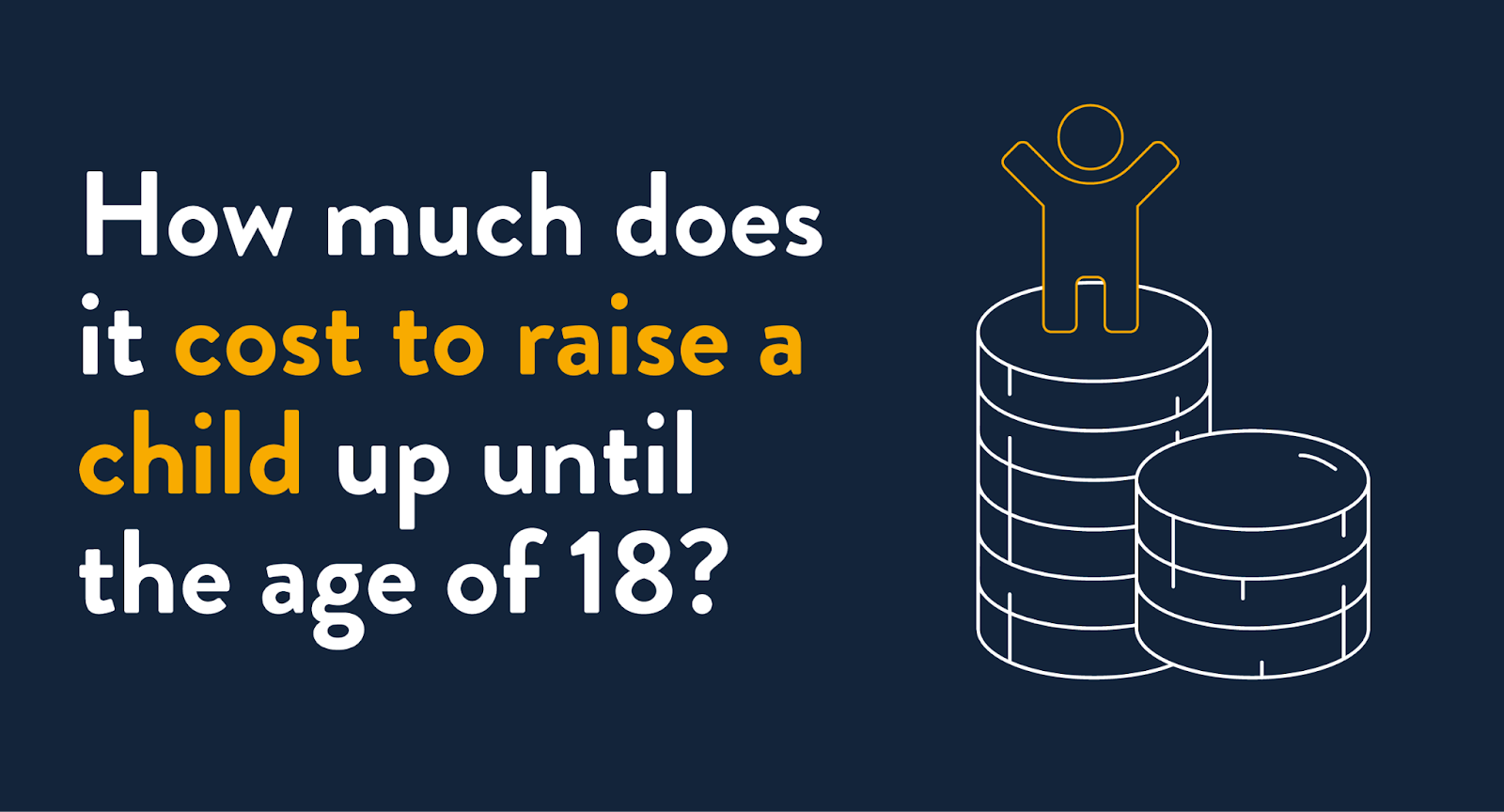
Ever wondered what a savings bond is, and how it differs from a regular savings account? Savings accounts and savings bonds do share many similarities, hence the confusion.
Savings Bonds are interest paying deposit products offered by financial services providers. A bond is money being borrowed from you. You get the benefit of interest being paid to you for that loan.
The differences between a savings bond and a regular savings account
A savings bond has some distinct features compared to a regular savings account:
- Rates of interest: Many savings bonds are available with a fixed rate of interest so you’ll know exactly what your returns will be over the term. There are also savings bonds which have variable rates of interest which track the Bank of England base rate. This means that it could pay you more or less, according to base rates, over time.
- Length of term: When you open a regular savings account, it tends to have an open-ended and indefinite term. In other words, you can keep the account ‘open’ as long as you like. Savings bonds on the other hand, have a set term. This means they run for a fixed amount of time varying from a few months to many years.
- Binding: The word ‘bond’ applies because you are tied in to the fixed term and the set interest (or variable tracker). With regular savings accounts you aren’t typically tied in and can access your savings at any point. You may lose the interest, or indeed not be able to come out at all until the end of the term.
What happens at the end of the savings bond term?
When you reach the end of the bond’s term, you will need to act rather than just keep an account ‘open’.
You’ll have a few different options. Some providers allow you to transfer the money to what is called a ‘maturity savings account’, from which you can withdraw your savings. You may choose to have the money paid back in to the account you took the initial funds from in the first place. Alternatively, you may choose to reinvest the money back in to another savings bond.
It is your provider’s responsibility to contact you at the end of the term to find out what you want to do, so you should receive contact from them before your savings bond matures.
Are bonds as safe as other savings?
Savings are generally considered to be on a scale of risk. Standard bank savings accounts are seen as ‘cash’ and carry the lowest risk but therefore pay the lowest interest. Stocks and shares can be a riskier type of savings, depending on the type you go for. Bonds can be just as safe as savings accounts, if it has a guaranteed rate of return.
Furthermore, some savings bonds are protected by the Financial Services Compensation Scheme, in just the same way as a savings account. Some providers will be covered up to £85,000, while others will receive a higher level of cover, up to 100% of the amount invested into the bond. This means they are secure but tend to bring you higher rates of interest than a standard savings account.
For some saving bonds, you may be taxed on the interest you make in the same way you’re taxed on the interest in savings accounts.
Shepherds Friendly 5 Year Fixed Rate Bond
At Shepherds Friendly, we offer a 5 Year Fixed Rate Bond, which is a life assurance savings plan. To open a savings bond with us, you can invest a minimum of £1,000 and maximum of £125,000 and you will receive a guaranteed annual return of 4.25% AER over five years. All of our savings plans are covered by the Financial Services Compensation Scheme up to 100% of the amount you invest with us, should our Society suffer a complete financial failure.
If you have any queries about what savings product is right for you, speak to a financial adviser.


